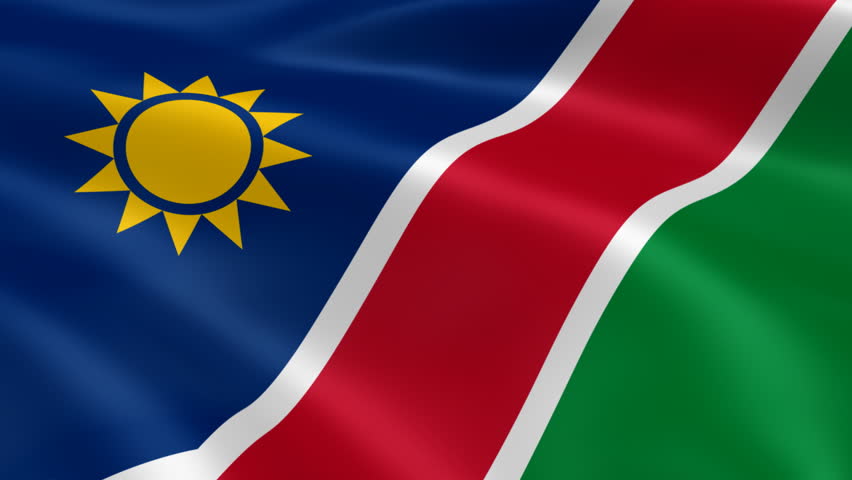
The gender ministry hopes to raise N$1 million from the general public through its SMS competition to fund identified projects. The ministry’s spokesperson, Lukas Haufiku, said apart from existing ways, the SMS competition is another form of getting money and the public to participate with incentives up for grabs ranging from a cell phone to a weekend away for two, shopping vouchers and the grand prize of N$50 000.
All that is expected from the general public is texting the words Social Protection to 22110 to win these weekly and monthly prizes.
“As soon as we get that money, we continue with our projects which were pending either because the account got depleted or the projects came to a standstill because of Covid-19,” said Haufiku. The donation account was established in 2016 to mobilise extra funds to fill the gaps, especially when it comes to targeting poverty-related matters, vulnerability and marginalisation. “The ministry’s budget is a bit tight compared to what we are doing because of the requests we get from different communities and it mostly deals with poverty, which is our priority, the lack of water in some communities, and quite a portion of the funds go to drilling boreholes. The tricky part is when this process is done, you find that the water is not suitable for human consumption, sometimes bitter,” he said.
In such cases because of the use of private companies to do the drilling, money used is down the drain as another borehole needs to be drilled and tested.
Haufiku added that outstanding projects include Talismanus community borehole project in Omaheke, Eha Trading Community Garden and Omitumbirua Community Garden in the Kunene. Another priority is to cater to the Berseba Community Garden in the //Kharas region and Veronica Mukuve Clothing as well as a handmade beads, bags and tablecloth making project from Kavango West.
Executive director in the gender ministry Esther Lusepani in a statement said, to date, 23 projects have been financed by the ministry, including gardening projects, water supply facilities, dignified burials for people living in extreme poverty.

